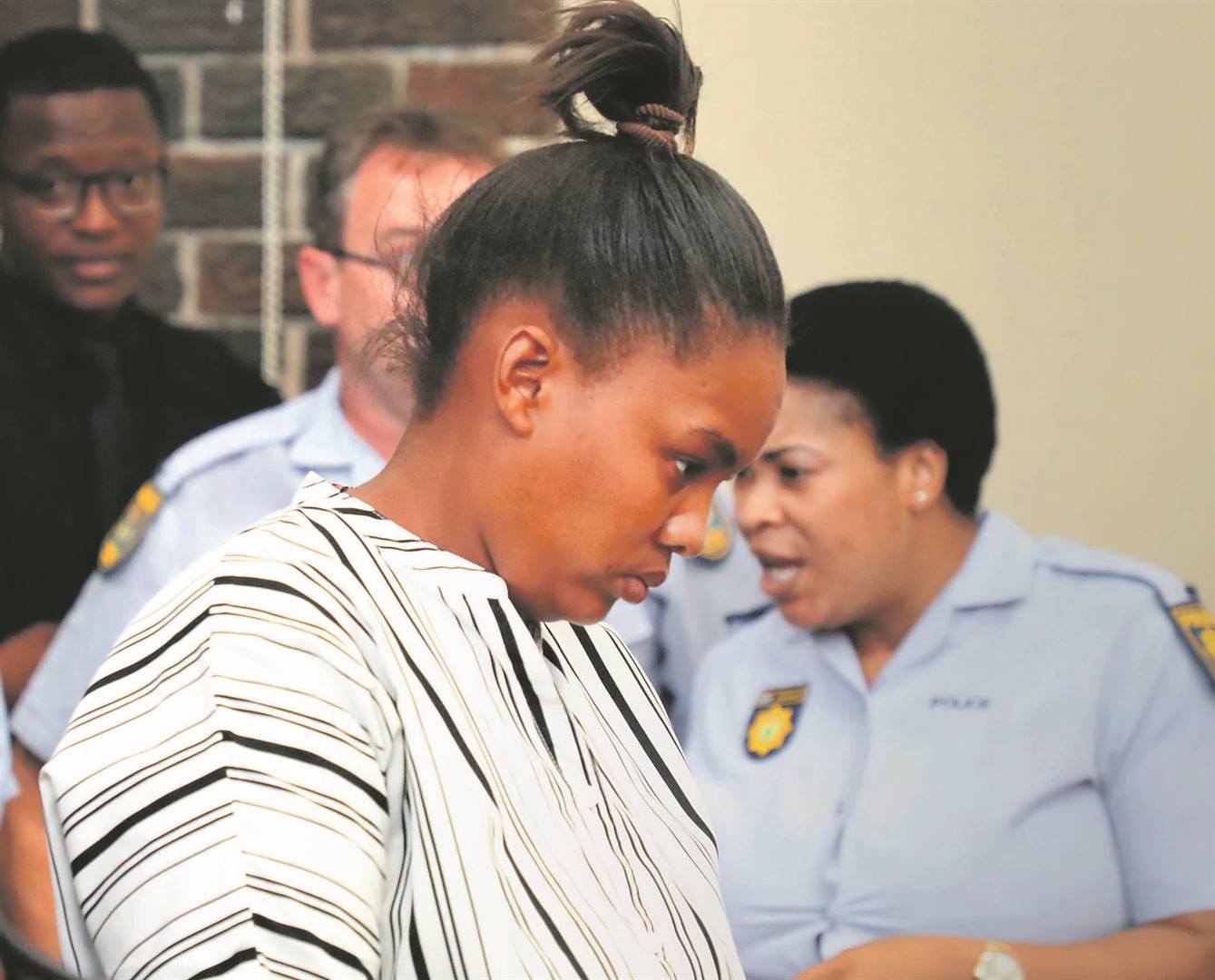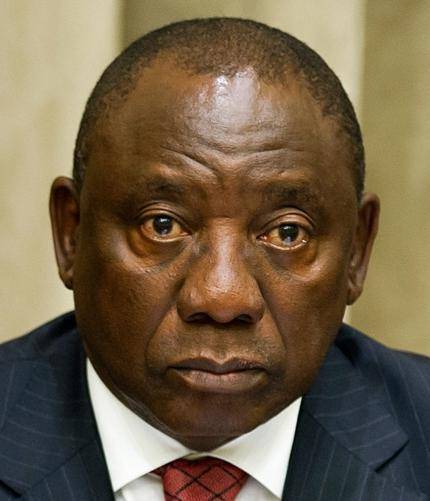
With increasing poverty, we face the real threat of losing our humanity and becoming a more criminal society. There will not be enough prisons to contain our violence
President Cyril Ramaphosa must be applauded for his recent frank admission that too many South Africans remain trapped in poverty despite the many advances made since the dawn of democracy.
Over the years we have coined many slogans to the point that one would be tempted to believe that we conquered this monster called poverty.
There is no doubt that over the many years since 1994 and in the context of what apartheid created, we have made serious advances in addressing the incidence of poverty.
It will be foolhardy not to appreciate that the various measures successive democratic governments adopted did impact on the incidence of poverty.
In equal measure, and that is the point of the president, poverty continues its vicious attack on society and communities.
Part of the reason for this ongoing assault is the fact that inequality persists and our material conditions are not changing that much.
The demand continues to far exceed the supply.
Access to many services has improved, but the ability and the capacity of the state to deal with the apartheid monster and its consequences remain constrained.
The picture of Zinhle Maditla after her sentencing to four life terms for killing her four young children is probably the most pronounced example of what poverty can do to a human being.
Murder is a heinous crime and by all means deserves the harshest sentence.
On the face of it, one cannot fault the court for the harsh sentence imposed on her for the murders.
However, one must appreciate that this is a 25-year-old woman already with four children. She is reported to have been 14 when she had her first child.
She was unemployed and most likely unskilled. The fathers of her children are most likely unemployed and unskilled.
Read: SA is ‘haunted’ by fear of criminals
The four innocent souls who lost their lives were born and condemned to a life of poverty just like their parents.
It is inexcusable to take a life, whatever the circumstances, however, it is equally sad and heartbreaking when a person who hardly had a life as a child becomes a parent who hardly has a life.
It is painful to see a young woman settled with such a big responsibility in circumstances where she can hardly make means to survive.
The cruelty of poverty must have been the true cause of Maditla falling pregnant for the first time at that tender age.
It should have not happened in the first place and does not happen unless there are extraordinary circumstances such as poverty and abuse.
Much has not been said about her family background and the circumstances under which she had a child at that age.
Nothing has been said about the fact that she went on to have three other children even as her material condition worsened in the trap of poverty.
All we hear about is the heinous crime, which appears clearly premeditated, that she committed.
Many will talk about the options she may have had, including family planning and adoption, but what will not be spoken of is the nature and scope of the humiliation that poverty caused her.
Poverty is humiliating, it takes away the right to human dignity. Those living in poverty live a life of perpetual humiliation.
They are in a permanent and ongoing state of vulnerability.
Before anyone asks me the silly question of whether poverty is an excuse for crime, let me say that poverty is one of the root causes of crime.
Young men trapped in poverty resort to drugs and violent crime. They resign themselves to the fact that they have no option in life but to do crime to gain what they want.
They become robbers and violent people by default. For this reason, our prisons are full of young people who can only live a decent life when they are behind bars.
One often hears silly comments such as “prisoners have better rights than victims”.
Such comments ignore the reality that the state cannot fail perpetrators twice.
Poverty, inequality and unemployment took away their human dignity and converted them into dangerous beings who do not value humanity.
They were inducted into drugs and a life of crime. They spiralled out of control and the only way to regain control is by containing them in prison.
Maditla is a victim of patriarchy, poverty, inequality and unemployment. She resorted to crime to relieve herself of the burden of the complete loss of her humanity to poverty and inequality.
In the process, she became a gross violator of the rights to life of her own innocent children.
Maditla did not fall pregnant courtesy of the Holy Spirit.
Because she is a woman and a mother, the reality is that, regardless of whatever situation, she was going to be settled with the mammoth task of bringing up her children single-handedly.
The gender roles defined by society allocated her the task and absolved the fathers. Her level of vulnerability could only increase with time.
Regrettably, it overwhelmed her, something that ought to have been expected.
Maditla could have easily opted for family planning. She could have opted for adoption.
She could have gone to her family and asked them to help with the children. She could have approached the maintenance court to force the fathers to pay maintenance.
For the armchair critics who always become wise after the event, Maditla had these and probably many other options but she may represent an unknown form of mental illness or at the very least one that is not recognised as yet.
She may not be qualified to be classified as someone who was in her right mind when she did what she did.
She was expected to behave normally in an extremely abnormal situation. After all, they will say, she is not the first to be in such a situation.
What led her to not explore any of the options listed above? Is it because she did not know about these options or made a conscious decision not to explore any of them, or is it because none of them worked after trying hard?
Why did she not kill her first child when she first had her? How did she survive all these years and what led her to break at this point?
Where was her family, her friends, her neighbours and society when she reached breaking point?
Did she talk to someone about it and if not, why. If she did, why did whoever she talked to not do anything to help?
There is a pertinent question which must be asked and answered if we are to find answers to this developing calamity in the face of grinding poverty.
How did it come about that society looked on as a young woman was obviously gradually going down the social ladder?
Where was the village that was supposed to raise Maditla, who clearly needed societal intervention?
Where was our state machinery when a teenage girl had a child and went on to have three more in a short space of time?
Where were the non-governmental and community-based organisations when a young woman was gravitating towards murderous intentions?
Was there not even one person who noticed a deterioration of her situation?
Is Maditla the only young woman in this situation? Is she the first and the last in the face of this inequality, poverty and unemployment?
Is she the first and the last of the women who sit quietly in their corners, losing hope and seeing no other option than to relieve herself of the pressure by committing such a heinous crime?
Regardless of the gravity of her crimes, did Maditla deserve four life sentences?
We may laugh at the apology of the president. We may think that the president is being populist or a pretender for apologising for poverty.
I take his apology seriously and think it is deserving to those trapped in poverty.
If this scourge has pricked the conscience of our president, one has a better sense of hope.
At last we have moved from slogans to the reality of the appreciation that poverty is vicious and degrading.
I have noticed that in one province, we spent more than R8.3 billion on alcohol in just one year.
Surely we can spend just R1 billion of crowd funding to support women like Zinhle Maditla.
Mannya is an advocate, writer and executive director of legal services at Unisa
TALK TO US
What solutions can government and civil society put in place that are geared towards young single mothers?
SMS us on 35697 using the keyword MOTHER and tell us what you think. Please include your name and province. SMSes cost R1.50. By participating, you agree to receive occasional marketing material.
 | ||||||||||||||||||||||||||
Get in touchCity Press | ||||||||||||||||||||||||||
| ||||||||||||||||||||||||||
| Rise above the clutter | Choose your news | City Press in your inbox | ||||||||||||||||||||||||||
| City Press is an agenda-setting South African news brand that publishes across platforms. Its flagship print edition is distributed on a Sunday. |




 Publications
Publications
 Partners
Partners









